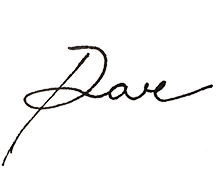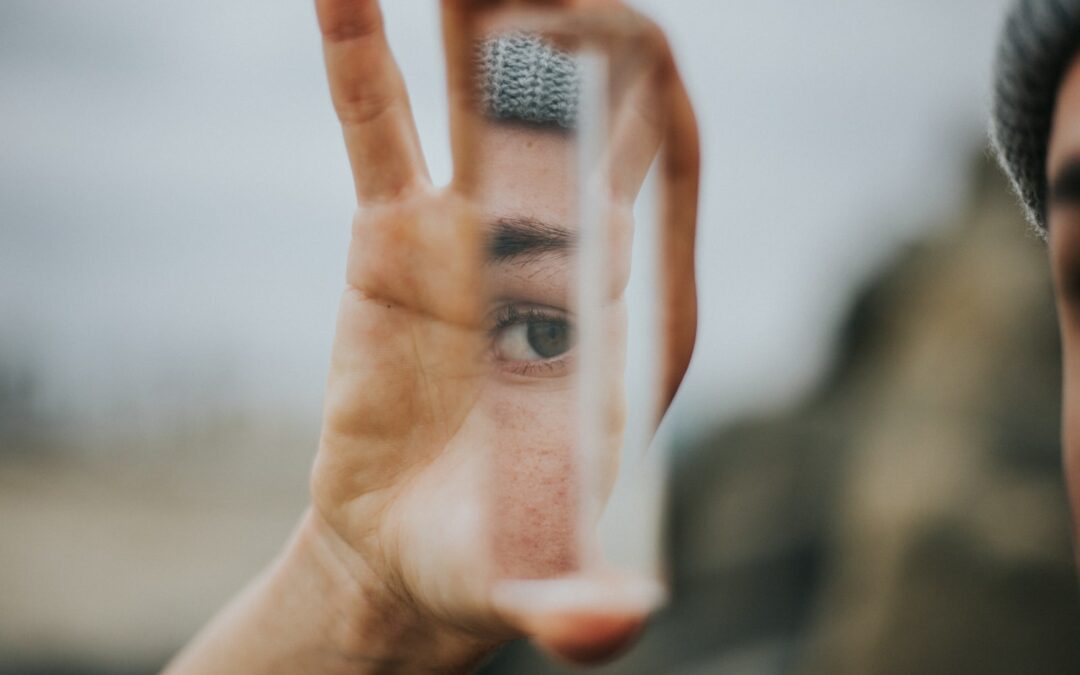A phrase like “self-knowledge” might wrongly imply a few things about what it means to “know yourself.” Such as, that “knowing yourself” is a thing you can check off of your To Do list, a goal you can achieve, or a destination you eventually reach.
I prefer to think of self-knowledge as a continual journey of seeking knowledge, understanding, peace, acceptance, and maybe even appreciation, for who we understand ourselves to be as persons.
I like to say that self-knowledge is a verb, not a noun, because it is something that we do—emphasis on the action, the practice, the experience — and not the “thing” it represents.
Self-knowledge is something to which we must return, again and again, because there is no final goal to achieve or finish line to cross in the experience of seeking knowledge about ourselves.
After all, we are ever-moving, ever-changing, ever-evolving, highly complex beings.
As we live, as we endure, as we grow older, as we experience new things, and as life presents its challenges and mysteries and opportunities, we change along with them. Sometimes in ways that are grand. Many times in ways that are small. And if we are always changing and growing, then “who we know ourselves to be” is also subject to change, and change often.
That can feel really daunting; really overwhelming; as if undertaking a journey that has no destination and, therefore, will provide no satisfaction, no respite, no pleasure.
But that is not how I see the journey of self-knowledge.
Rather than feeling condemned to lifelong, eternal woe — I am never to know the full truth of who I am! Why, oh why! — I feel a lot of freedom and possibility in the unknowing. Because if I am, today, not exactly or completely or entirely who I was yesterday (or a year ago, or a decade ago!), then who I am tomorrow or the next day feels, at least in part, up to me to decide.
If we are always changing, then we always have the ability to change.
Every day, we live with “pen in hand” — each of us, our own stories’ tellers.
🐾
As someone who resides in the spaces of stories and their tellings, I find that there are many others who also feel a tremendous amount of creative freedom and possibility in this interpretation of “self-knowledge,” the idea that knowing the self is a journey and ongoing experience of a changing, evolving self.
But if self-knowledge is not an accomplishable task — like a Rubik’s Cube, always a handful of (perplexing) spins away from solving — then what is self-knowledge?
How do we experience it, pursue it, or seek it?
There are many ways, but for me, in my life, “self-knowledge” has always tended to go a little like this:
The knowing comes from the losing and the finding.
Knowing myself, in other words, has dawned from first losing something of myself, and then finding something of myself.
When I was younger, much of this kind of “self-losing” came by way of losing self-conceptions or hardened ideas of “who I am.” Many times, I “lost” myself by being heartbroken open and tender and vulnerable to new growth that I would not otherwise receive.
As I have grown older, I have learned to make conscious practices and efforts to create opportunities throughout my life to incite and invite moments like these, moments of “self-losing,” that eventually allow “self-finding,” or new discoveries, new recognition, of what I feel is my own “truth” of the moment.
We all have the ability to do this in our journeys of self-knowledge: what we may call “self-losing,” or decisions and actions and practices, which allow us to “lose” something of our own self-conceptions, with designs that we may stumble into the experience of “self-finding.”
🐾
The tender and vulnerable experience of “self-losing” — and the eventual and beautiful experience of “self-finding” — is how I have always experienced self-knowledge as a practice, an experience.
As a verb, rather than a noun.
As a way to be, rather than a thing to achieve; a journey, far more than a destination.
This is what I began to describe to you when I wrote to you last: the idea that “losing myself” through traveling the world and dissolving illusions about who I am, what need, or what I require, to eventually “self-find” that I am more capable and resilient than I often give myself credit for.
But travel is not the only way — and it is certainly far from the most accessible way — to practice self-knowledge.
Any experience, action, decision, or moment that incites “self-losing” but invites the potential of “self-finding” is, itself, a practice in self-knowledge.
What are the ways, I wonder, in which you coax your own “self-losing”?
How do you tempt the temporary discomfort of losing what you think you know, or who you have thought yourself to be, or what you have assumed that you have needed — to “self-lose” — that you may, eventually, find a deeper truth or discovery about who you really are? Or who you have become? Or how far you have come?
In years past, I have practiced self-knowledge (the “self-losing” and “self-finding”) through many experiences and experiments, as I now look back and realize them:
- Worldly travels
- Storytelling and personal essay writing
- Venturing into the world of dating and pursuing partnership (after healing from a toxic relationship)
- Breaking mundane and comfortable routines by experimenting with 1 little moment of newness or novelty, every day, for 100 days
- Experimenting with cold showers, cold water plunges, and breath work
- My 7-year relationship with yoga
- Taking up running (as a quite committed non-runner)
- Exploring poetry writing
- Becoming a student again by entering graduate school
- Reading books from BIPOC authors in a 2:1 ratio to white authors in 2021
I share this short list from years past to invite you to consider what experiments, experiences, and journeys you have already taken in your life that have embodied this idea of self-knowledge — the interplay of coaxing “self-losing” to prompt “self-finding”.
And, at this still-young dawn of 2023, how might you resolve to practice “self-losing” and “self-finding” in your own self-knowledge journey?
Do travels beckon?
Does a relationship to therapy or mental health counseling?
Does coaching?
Are you called to experience yourself anew through writing?
Is it an almost-daily practice of mindfulness, physical embodiment, or presence?
How might you expose yourself to new ideas, new people, or new identities?
How might you gently “lose” yourself so as to find yourself, again and again?
I hope, in some way, that I may be such a gentle catalyst to your own self-knowledge journey in 2023, and beyond.
Here’s to what we may self-lose—and what we could self-find,

